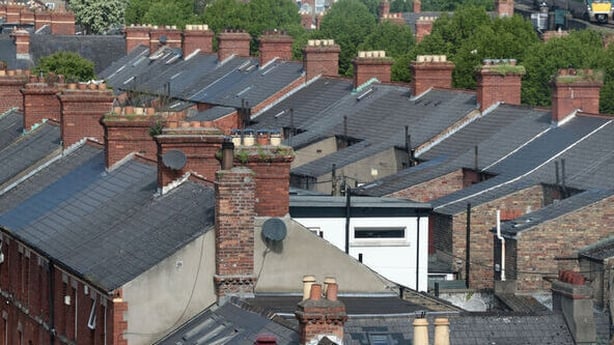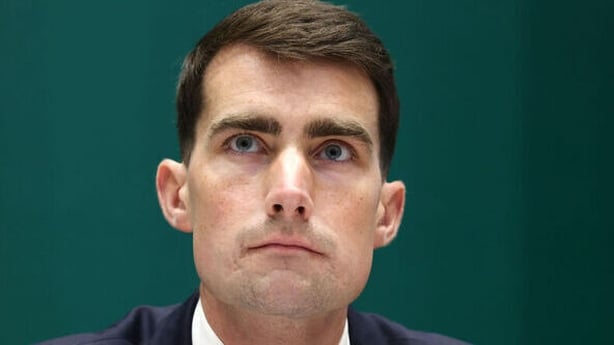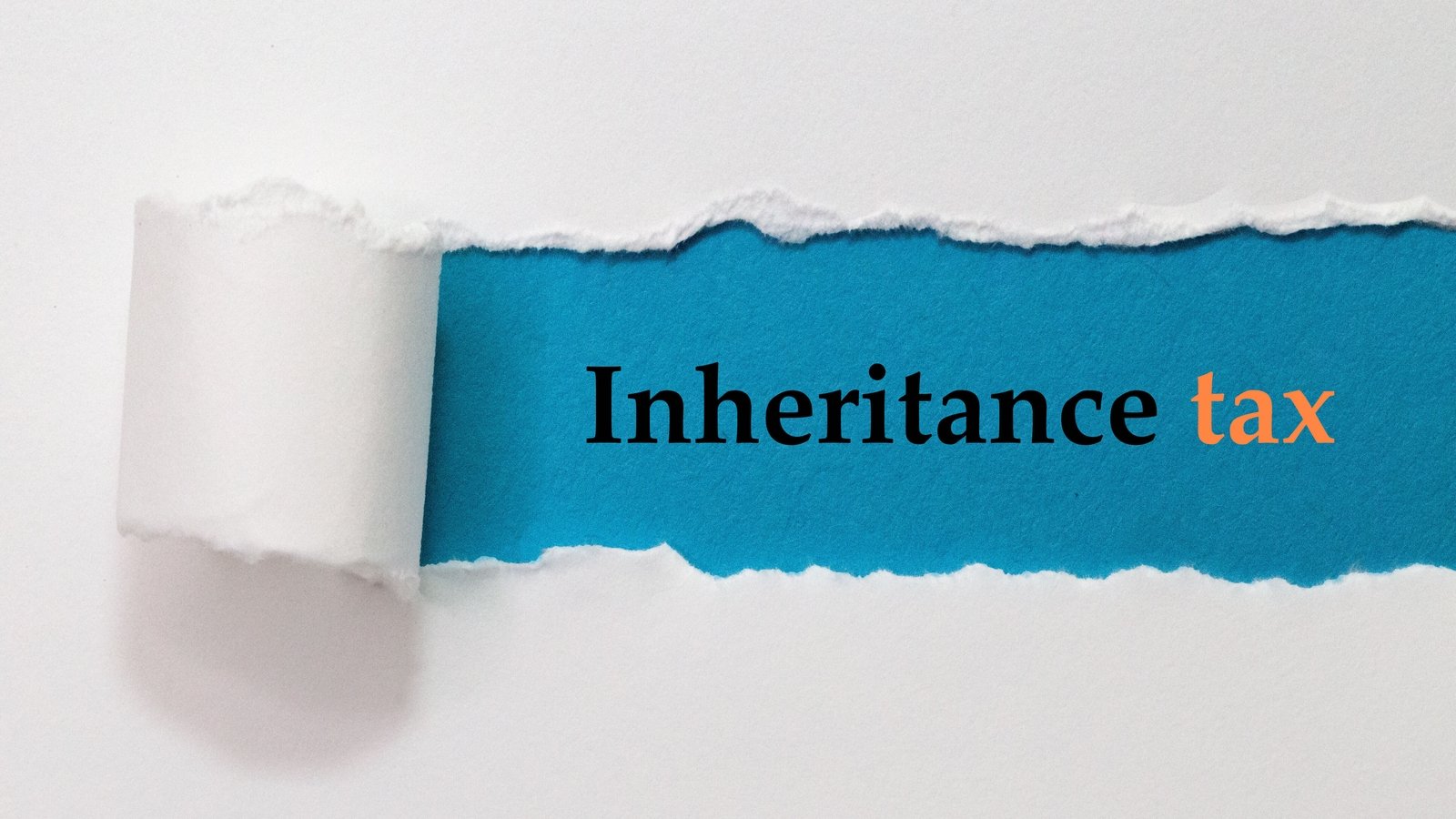“In this world, nothing is certain except death and taxes,” Benjamin Franklin is famously quoted as saying.
And when it comes to the thorny issue of inheritance tax, those two certainties coincide in a very definitive, deliberate way.
The idea that as soon as you draw your final breath, having (supposedly) paid taxes all your life, you or in effect your beneficiaries are hit with yet another tax bill has always been anathema to people..
But accept it or not, just like death itself, inheritance tax in most places has long become a harsh and difficult to swallow fact of life.
Here in Ireland, the issue of inheritance tax and more specifically the size of it has come into sharp focus in recent weeks, as politicians and those who elect them, begin to turn their focus towards October’s budget.
Within Government, both Fine Gael and Fianna Fáil, are reportedly keen to reduce the burden of inheritance tax, because they argue it has become unfair.
Capital Acquisitions Tax (CAT), as it is known, is a tax on both gifts and inheritance.
But it is possible to receive a certain amount of money or assets without facing a CAT bill.
This depends, though, on the relationship you have to the person giving you the gift or inheritance.
Assets passed over by a spouse or civil partner are exempt, while gifts of up to €3,000 a year from the same person are also exempt.
A child, foster child, or grandchild (if a parent has died and the child is under 18), can receive up to €335,000 over their lifetime tax free.
Brothers or sisters, parents, grandparents, grandchildren, nieces or nephews can all get up to €32,500 without facing attention from the tax collector.
While a gift or inheritance received from anyone not listed above is exempt of tax up to €16,250.
In cases where tax is due, the rate is 33%.
The key focus of the current debate is really around the family home and those inheriting it, particularly children.
Up until 2009, they were able to receive €542,544 without having to worry about paying tax on that sum at all.
But that was subsequently reduced over the following couple of years to the €335,000 it sits at today.
Until the financial crash hit, the rate paid was also lower at 20%, but was increased to 33% as part of efforts to raise additional revenue for the reeling State.
The problem, as many see it, is that the value of a family home, which typically is the major asset gifted or bequeathed to a child by a parent, has generally risen considerably since then.
In 2012, the average price of a house nationally in Ireland hit a low point of €205,476.
On Wednesday, the Central Statistics Office said the cost of home across the country in May of this year was (ironically) €335,000.
That is a 63% increase over the intervening 12 years – yet in the same period there has been no change in the threshold of CAT.
And that monetary figure does not of course take account of the far more valuable properties that can be found in parts of our cities, which are often worth many multiples more.
In the four Dublin local authority areas, for example, the median price of a home in May was between €410,000 and €626,000.
Politicians in the centre are clearly increasingly hearing it raised as an issue among the so-called “squeezed middle” – those who have average or perhaps slightly higher than average earnings but who still cannot seem to make ends meet because of the high cost of living and significant tax burden.
The kind of people who may not be able to afford a reasonable home of their own, and when a parent or parents pass away, also cannot afford to move into or stay in the family home because of the tax bill they face.

While older voters, who have worked hard all their lives, paid plenty of tax and been fortunate enough to have been able to own their own home, do not like the idea of the Government taking a chunk of that back from their families when they are gone.
So with an election on the near horizon, some in Fine Gael and Fianna Fáil would reportedly like to see the threshold increased to at least €500,000, and even as much as €700,000, and/or a cut in the rate of CAT.
Indeed, Tánaiste Micheál Martin signalled this week that reform of inheritance tax is “on the agenda” for Budget 2025 as it is “too punitive” and the Taoiseach said its “unfairness” should be considered, including in relation to farmers who have different arrangements.
€700,000 seems a high bar to aim for in one jump and reports suggest it could be increased by €65,000, at least initially.
But of course, any change will come at a cost.
According to Revenue, a straightforward increase in the threshold to €400,000 would cost the exchequer €52 million in a full year if the rate were to remain at 33%.
While for every 1% reduction in the headline rate, the cost in a full year to the Exchequer will be €20m.
Interactions between differing rates and thresholds mean moving both together would throw up slightly different results.
So, for example, if the threshold were to rise to €400,000 and the rate were to fall to 32%, then the cost per annum would be €58m.
And if the rate went to 30% and the threshold to €400,000, the cost would be €71m.
All just numbers on a page, you might say.
But not if you are the Minister for Finance and you have just €1.4 billion to play with when it comes tax cuts for next year.

The bulk of that will likely be spent on indexing income tax credits and bands to make sure that as workers earnings rise, their gains are not swallowed up by tax – something the Minister for Finance, the Public Expenditure minister, the Tánaiste and the Taoiseach have all as good as committed to addressing.
That will, therefore, leave them with a modest amount to divvy up on all the other competing tax demands – inheritance tax being one of them.
It will mean that reducing inheritance tax could require hard choices in other areas of tax policy or State spending.
There are also those who argue that inheritance tax is a tax on wealth which should be at very least maintained, if not increased further.
That property price increases in a recovering market over the past decade have brought significant wealth to many.
That the bulk of people inherit or are gifted far less than €335,000 over their lifetime and therefore pay no CAT.
And that most of the few who are fortunate enough to receive more than €335,000 end up paying very little tax on the money.
There is also the argument to be considered that our tax base is still too narrow and needs to be widened, with inheritance tax exactly the kind of area that should be looked at.
Right now, it makes up less than 1% of the net tax take each year.
So if they are included in Budget 2025, inheritance tax changes might end up being headline grabbing and will appeal to the “squeezed middle” ahead of the general election.
But they won’t come without a cost or criticism at a time when there are so many competing needs.
Hard choices lie ahead for the Government.

